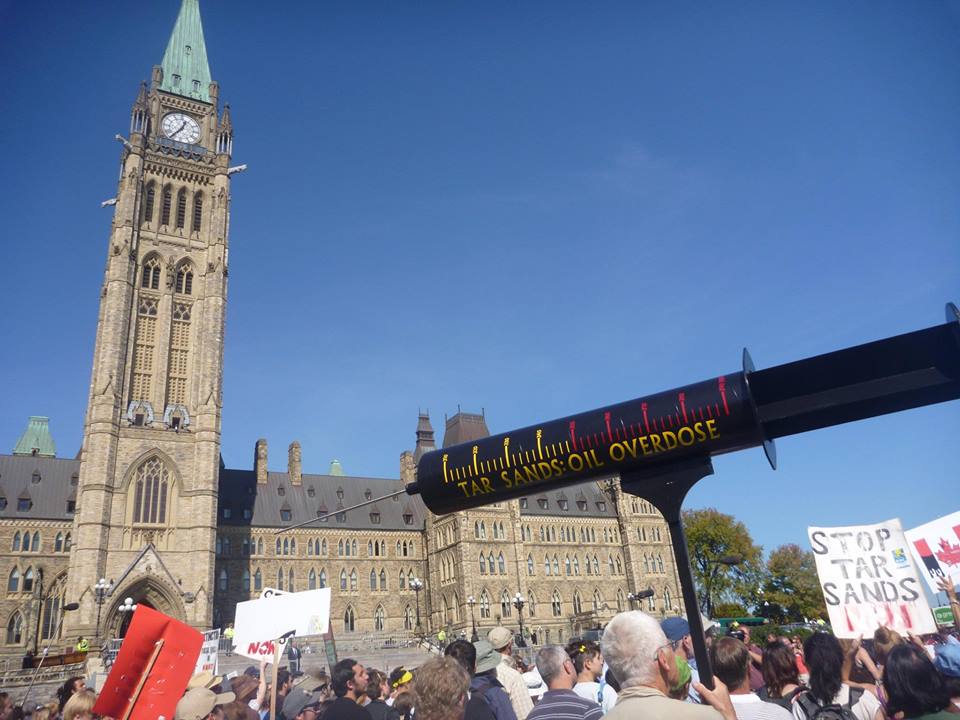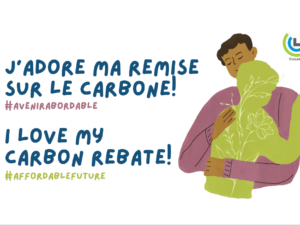Introduction: The urgency of phasing out fossil fuels has never been clearer. The IPCC AR6 reports highlighted the dire need for immediate action, with the International Energy Agency (IEA) and the United Nations’ “Integrity Matters” report emphasizing that no new fossil fuel infrastructure can be built if we are to avoid catastrophic climate impacts. The Data: The IPCC AR6 report states unequivocally that developed nations must achieve true net-zero emissions by 2040 to keep global temperatures from rising above 1.5°C. The IEA’s data supports this, showing that continued fossil fuel development is incompatible with our climate goals. Furthermore, the United Nations’ “Integrity Matters” report underlines that all planned fossil fuel projects must be halted and current production must wind-down. Support for the Fossil Fuel Non-Proliferation Treaty: We fully support the Fossil Fuel Non-Proliferation Treaty as a necessary framework for managing the equitable phase-out of fossil fuels. This treaty calls for a halt to new fossil fuel projects and a fair transition to renewable energy sources, aligning with our mission to address the climate crisis effectively and justly. The Reality of Offsets and Carbon Capture: Offsets and carbon capture and sequestration (CCS) technologies, while part of the solution, are insufficient to address the scale of greenhouse gas (GHG) emissions we currently face. In Canada, the IISD has found that CCS will be too expensive and Greenpeace uncovered that Shell sold over $200 million in “phantom” emissions credits for reductions that did not occur. The Socioeconomic Imperative: The world is already experiencing the impacts of climate change, with unnatural weather patterns affecting food production and contributing to inflation. To avoid civil unrest and ensure a smooth transition, it is imperative that Climate Income and Good Food Financing become integral parts of all climate plans. These measures will help mitigate the economic impacts of the transition and support vulnerable populations. Conclusion: The need for action is urgent. We must phase out fossil fuels, support the Fossil Fuel Non-Proliferation Treaty, and integrate economic measures that address the needs of our communities. There is no time left to delay; the path forward requires bold, immediate action to secure a livable future for all. References CCL Canada’s Guidelines for Phasing Out Fossil Fuels
https://digitallibrary.un.org/record/4008082?v=pdf
https://www.iea.org/reports/net-zero-by-2050
https://www.un.org/sites/un2.un.org/files/high-level_expert_group_n7b.pdf
https://fossilfueltreaty.org
https://www.greenpeace.org/canada/en/story/65623/shells-flagship-carbon-capture-project-sold-200m-of-phantom-emissions-credits-greenpeace-report/
CCL Canada’s Guidelines for Phasing Out Fossil Fuels
Home » CCL Canada News » CCL Canada’s Guidelines for Phasing Out Fossil Fuels












